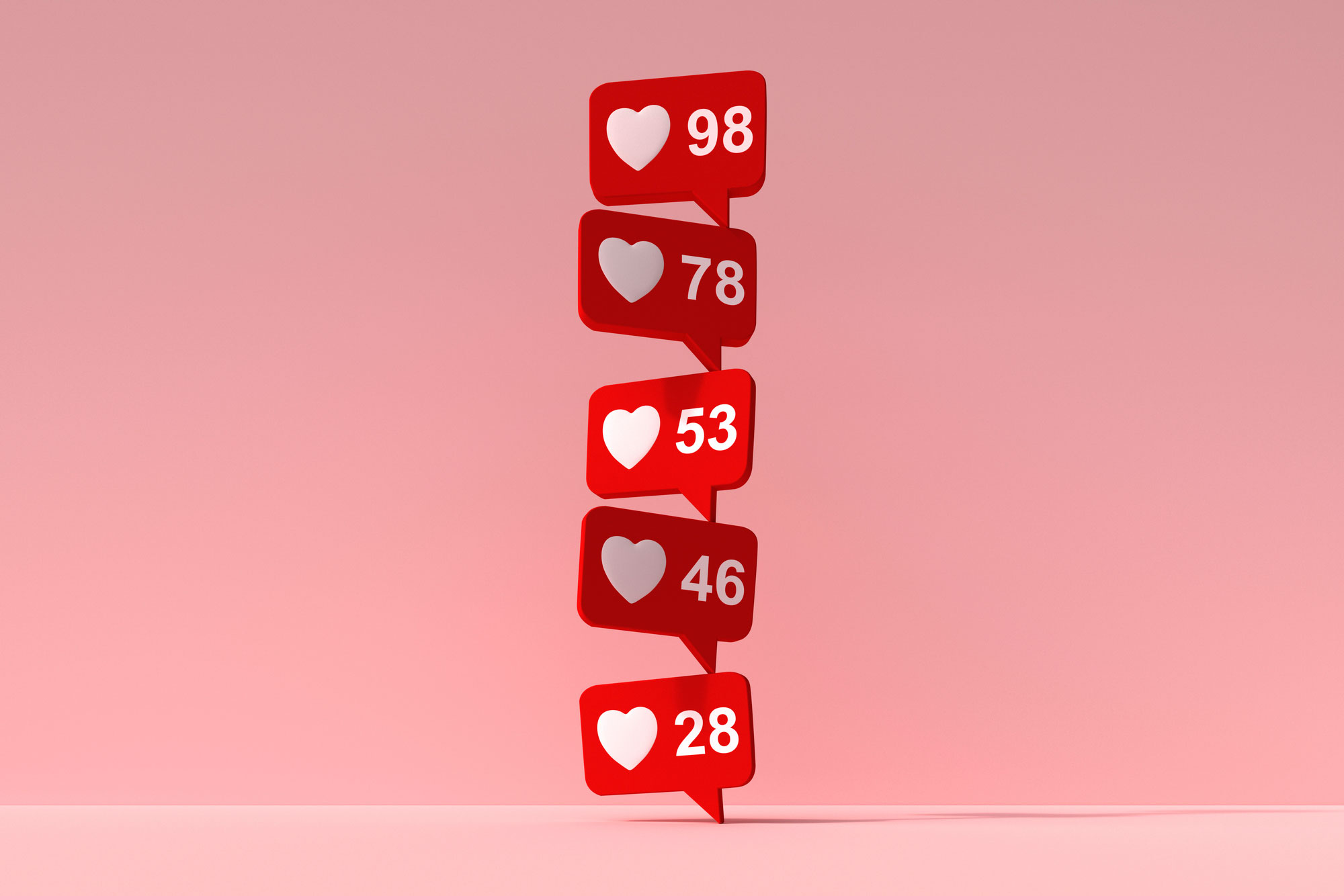Like many things in life, screen time doesn’t fall neatly into a category of “good” or “bad”; for most of us, there are elements of both. But how much time looking at screens is too much for our minds, bodies, and eyes? And what are a few tactics for changing our screen-time habits? Keep scrolling…
Meet the Experts
Dr. Alison Greco is a clinical psychologist and director of UX at SonderMind.
Dr. Brian Boxer Wachler is a board-certified ophthalmologist and refractive surgeon at the Boxer Wachler clinic in Beverly Hills, CA.
How Much is Too Much?
There are many resources like the American Academy of Pediatrics, which outlines how much time children should spend in front of a screen. But what about us adults, many of whom work in front of a screen, relax with a screen, exercise with a screen, and occasionally socialize through a screen? According to research, the average American spends 7 hours and 4 minutes looking at a screen every day. To put it in straightforward time-limit terms, “Researchers have tried to give guidelines for healthy screen time limits [outside of working hours], anywhere from under an hour to five hours a day,” says Dr. Greco, who believes a strict number on the clock may not be the best way to guide device use. Instead, look at how you treat it — how much importance you give it: “Screen time should be a lower priority than taking care of our bodies and our relationships; measure screen use by impact rather than time,” she says. “Ideally, it should be balanced with other daily activities like sleep, eating, work, exercise, getting outside, and time with friends and family.”
Signs of Overuse
So how exactly do you gauge if you’re in balance with your screen activity vs. all your other activities? For example, are you doom-scrolling instead of going for a walk? Are you looking at recipes on Pinterest rather than cooking a nutritious meal? Are you foregoing a good night’s sleep by binge-watching late into the night?
Are you using screens to avoid or to substitute? For example, instead of feeling something hard or painful, are you turning to a screen to prevent those feelings? Are you avoiding getting tasks done by turning to a screen? Are you substituting human interaction with online communities? Pay attention. Reaching for your phone instead of engaging in the real world is a sign of overuse.
There’s also the “potentially addictive component,” says Dr. Boxer Wachler. For example, do you feel like you have to check your social media accounts throughout the day? Does the idea of skipping Wordle for a day stress you out? If your phone pings, do you drop what you’re doing to check the notification? These are all signs you may be addicted.
You may also experience physical symptoms of overuse, explains Dr. Boxer Wachler. These include headaches, eye strain, dry, gritty eyes, and even neck pain from looking down at a screen.
Positives of Screen Time
As we learned during the pandemic, screens can also be a lifeline. They offer a way to relax, process the day, escape our daily lives, bring joy and entertain, points out Dr. Greco. “Humans have always sought ways to escape our own lives and minds.”
They also help with relationships — keeping in touch with people or meeting others. “Online communities have been shown to foster feelings of belonging and acceptance, especially in marginalized groups where finding other folks like them or who value them for their authentic selves has been difficult,” says Dr. Greco. “Real friendships can develop online, where the sharing of values and feelings are not hindered by proximity. These connections are real and valuable.”
And yes, if looking at cute cats online for 15 minutes brings you great joy, don’t feel guilty; enjoy it and then move on.
How to Change Screen Habits
So you’ve established that you might need to find more balance in your life and lower your screen time? There are a lot of hacks for doing so. For starters, move. “Dopamine stimulation plays a huge role in being addicted to the smartphone,” explains Dr. Boxer Wachler. “So do other activities that release dopamine like exercise, yoga, and laughter.” Dr. Greco agrees: “If you can laugh with another person, all the better. The bonding nature of laughter can strengthen relationships.”
This leads us to the next tip: Create physical connections, not just online ones. “Humans crave physical connection and affection, so a life overbalanced in the virtual realm can feel unsatisfying,” says Dr. Greco. “Just as you can be lonely in a crowd, you can feel lonely when you can’t have full access to those you feel most connected to online. So again, find balance, where you can get your needs met online and off.”

Think about fulfilling all your sensory needs. When we go online, we only tap into our sight and sound. Dr. Greco advises we “give ourselves a full buffet of sensory input — touch, movement, and taste, in addition to watching and listening.”
Limit yourself. In your phone’s settings, “You can set time limits for various apps,” says Dr. Boxer Wachler. If you think you might be tempted to override the limit when you hit the end, he recommends using a password you won’t easily remember.
Whatever time you allot yourself, use it wisely, engaging in activities that make you feel good. For example, how do you feel after you’ve spent time online? Are you comparing yourself to an Instagram influencer and feeling bad about yourself afterward? “That is reducing your psychological wellbeing,” explains Dr. Greco. (Studies support this: Limiting your time on social media decreases depression and loneliness.) But if a Zoom chat with your grandma filled your heart and hers, that’s a valuable use of a device and your time.
“Every 20 minutes, close your eyes for 20 seconds, which hydrates the eyes when they are closed.”
Practice the 20/20 rule to alleviate eye strain. “Every 20 minutes, close your eyes for 20 seconds, which hydrates the eyes when they are closed,” explains Dr. Boxer Wachler. “Artificial tears can help with lubrication, and oral flax oil capsules can work great.” And be conscious of your posture when you look at the screen.
And finally, mix it up. “Switch up your routine,” suggests Dr. Greco. “Changing how you spend your time, the order, and the tasks can slow you down, make you more present in the moment, and give you some novelty.” Instead of checking your social feeds in bed at night, you might give yourself 15 minutes after dinner to do it. Or maybe you do your morning Wordle and coffee on the front porch. You might find that instead of scrolling once you’ve solved the puzzle, you look up and enjoy the sights, sounds, and smells of the world around you.
We only recommend products we have independently researched, tested, and loved. If you purchase a product found through our links, Sunday Edit may earn an affiliate commission.







